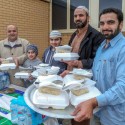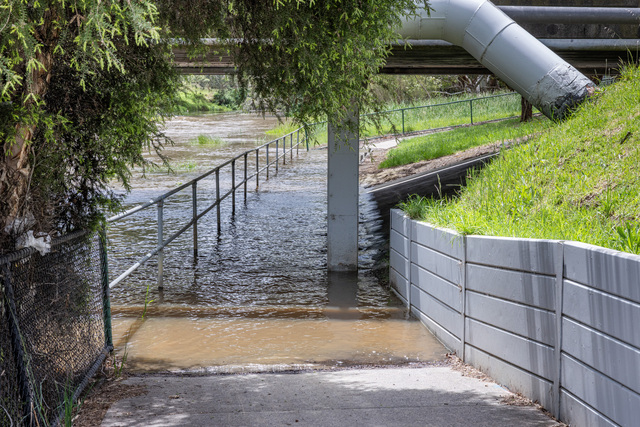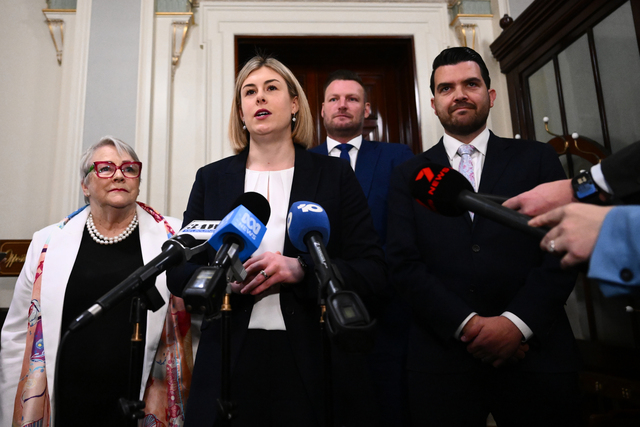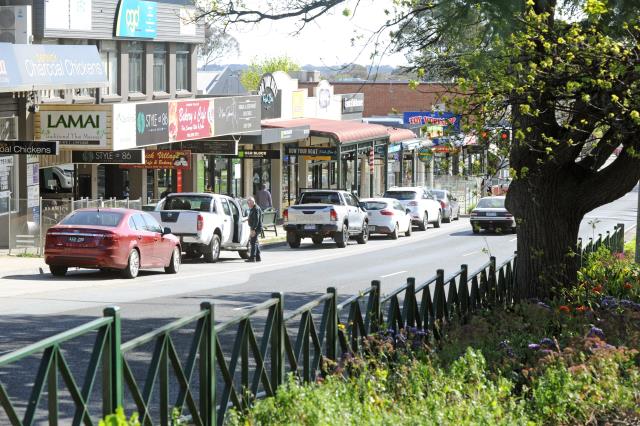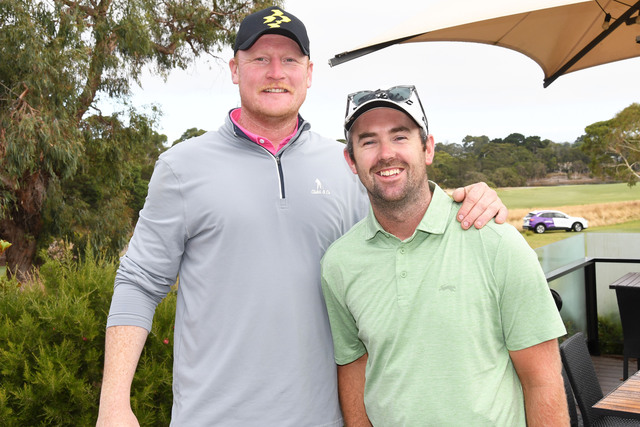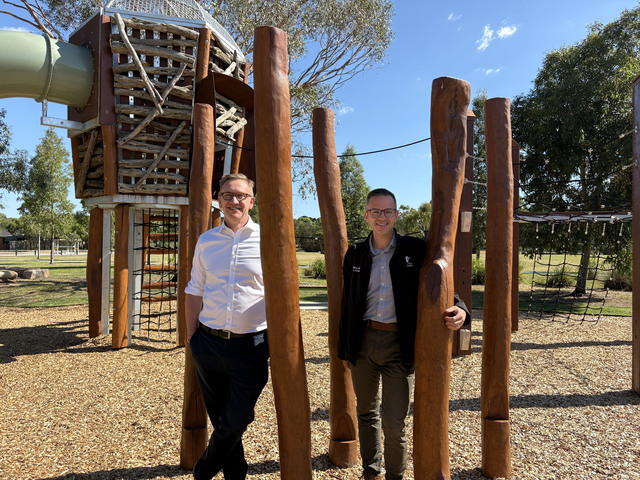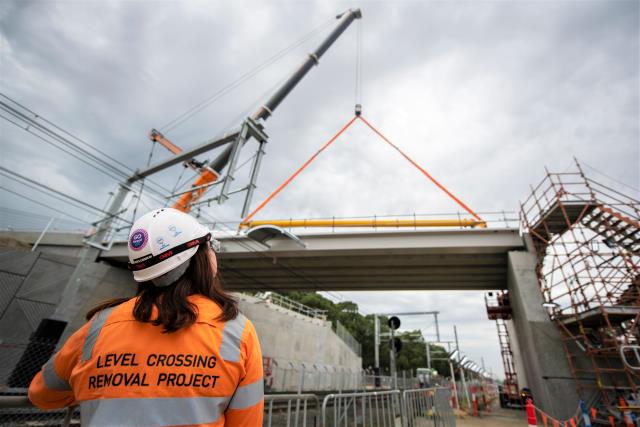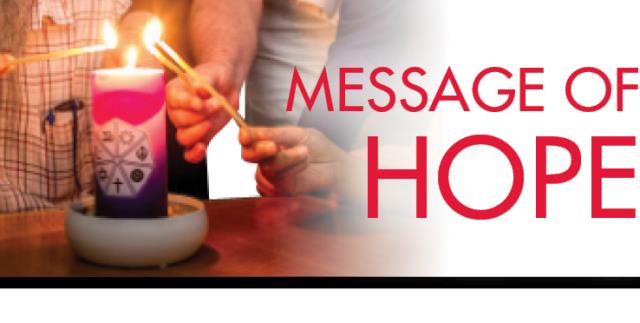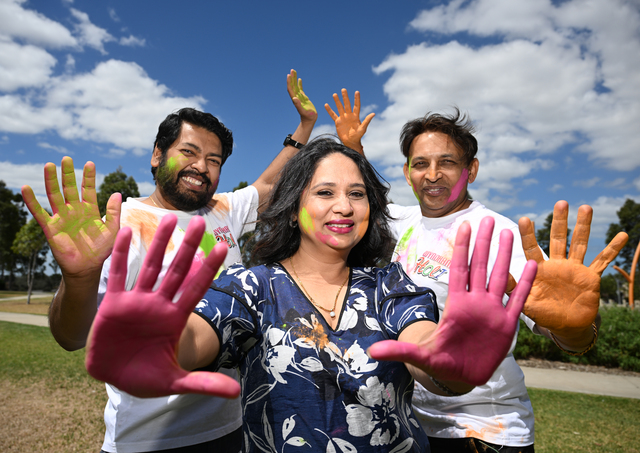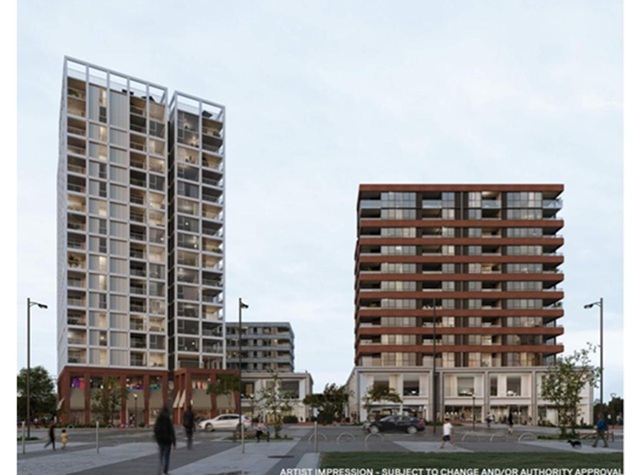By CAM LUCADOU-WELLS
Reporter CAMERON LUCADOU-WELLS continues his series into the aftermath of the Numan Haider shooting.
A NEW vigilance has emerged in the Afghan community in the south east since the tragic death of Numan Haider at Endeavour Hills Police Station 12 months ago, an Islamic Council of Victoria spokesman has said.
Kuranda Seyit recalls the “shockwaves” sent through the local Afghan community after Haider was fatally shot after attacking two police officers on 23 September 2014.
“Once the dust had settled it was a very tragic scenario. It was a scenario that people didn’t expect.
“You had a fairly young person who, for various reasons and factors, was led down a violent pathway towards not only the death of himself but the injuries to the two police officers.”
There was a whirl of ensuing emotions – frustration at the news coverage and the high-emotion of coming “face to face with the young man in the coffin” at Haider’s funeral.
Many in south east Melbourne knew the family involved and had a connection with Haider, Mr Seyit said.
Afterwards some anxiety crept in.
Some people have “unanswered questions” pending a state Coroner’s inquiry into Haider’s shooting.
The inquiry has a “lack of transparency” due to national security interests, but enough evidence to “put to bed” the rumour and hearsay rumbling within the “grassroots”, he said.
It was widely reported that Mr Haider, influenced by Islamic State propaganda, was fatally shot by police in self-defence after he stabbed two officers with a bladed weapon in a premeditated attack.
Since the incident, the Afghan community has “taken the initiative” to talk and dine with state and federal police command, politicians and leaders of security groups.
In the aftermath, Star News reported on some of the police’s outreach efforts such as cross-cultural seminars between officers and community leaders.
At the end of Ramadan, police – including Superintendent Russell Barrett – helped a Doveton mosque’s members hand out food to neighbours.
Mr Seyit was impressed by a police pledge to do its best to prevent such incidents before they escalated to criminality.
However he described the relationship as “tenuous” though there was goodwill on both sides.
“It’s tenuous in a sense because of the outstanding question marks.
“There are people who, on the ground, feel frustrated and anxious while community organisations are trying to build the bridges.
“The Muslim community, along with the Afghan community, understand the most important thing in Australia is to maintain peaceful co-existence and a respectful and fair society,” Mr Seyit said.
“So they’re the first to put their hands up to protect Australia and ensure they live together peacefully.”
Mr Seyit said there was extra vigilance on keeping tabs of disengaged youth and that the topic of radicalised youth was no longer taboo and that information was flowing more freely in the community.
“If there’s anything positive to take away, the community has really looked at itself deeply and reflectively on how we can ensure our youth are helped.”

